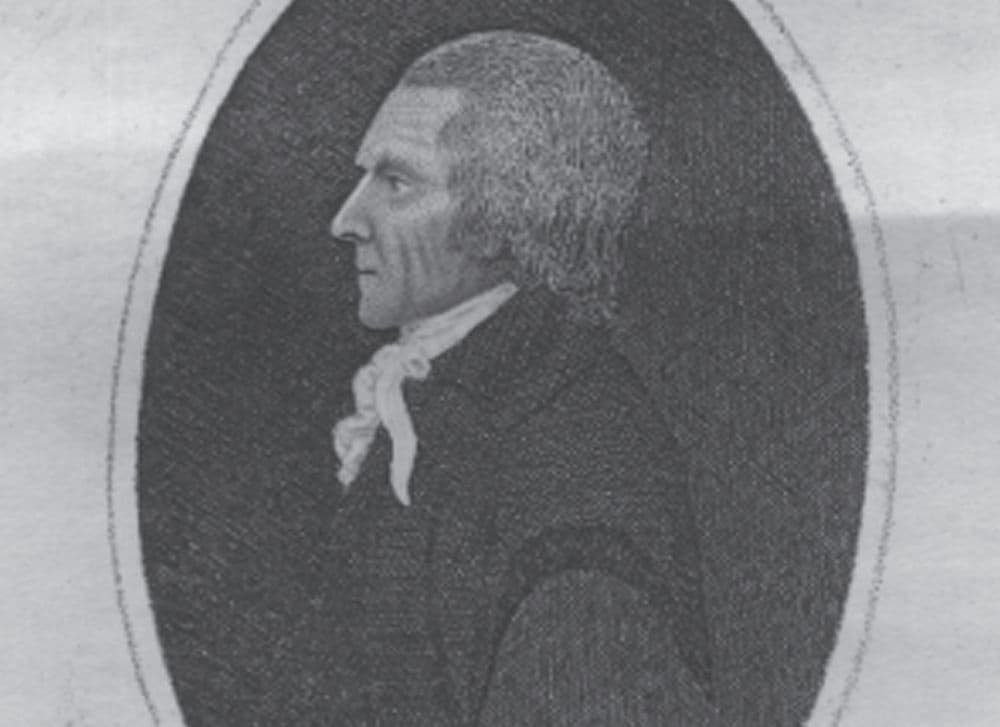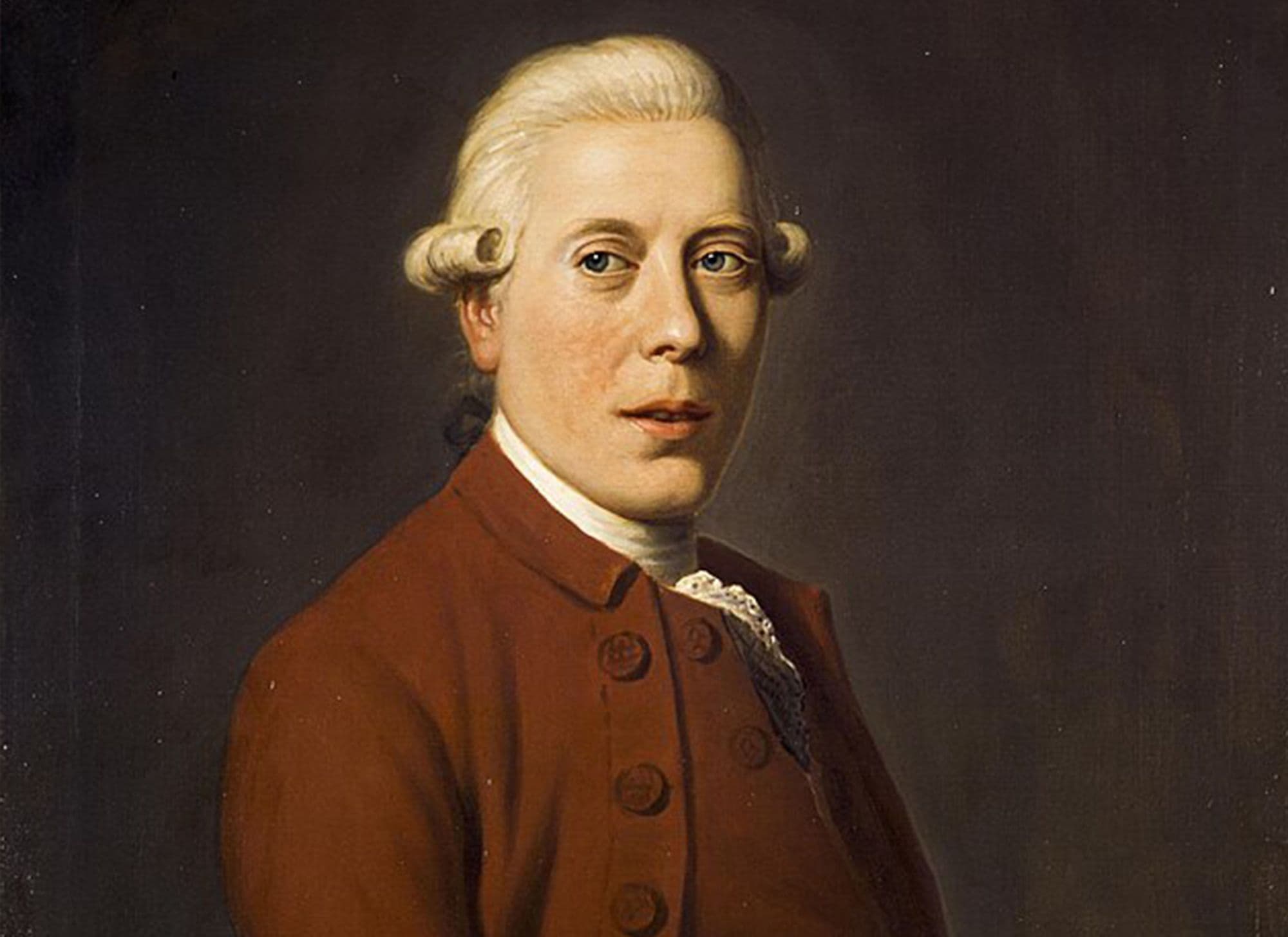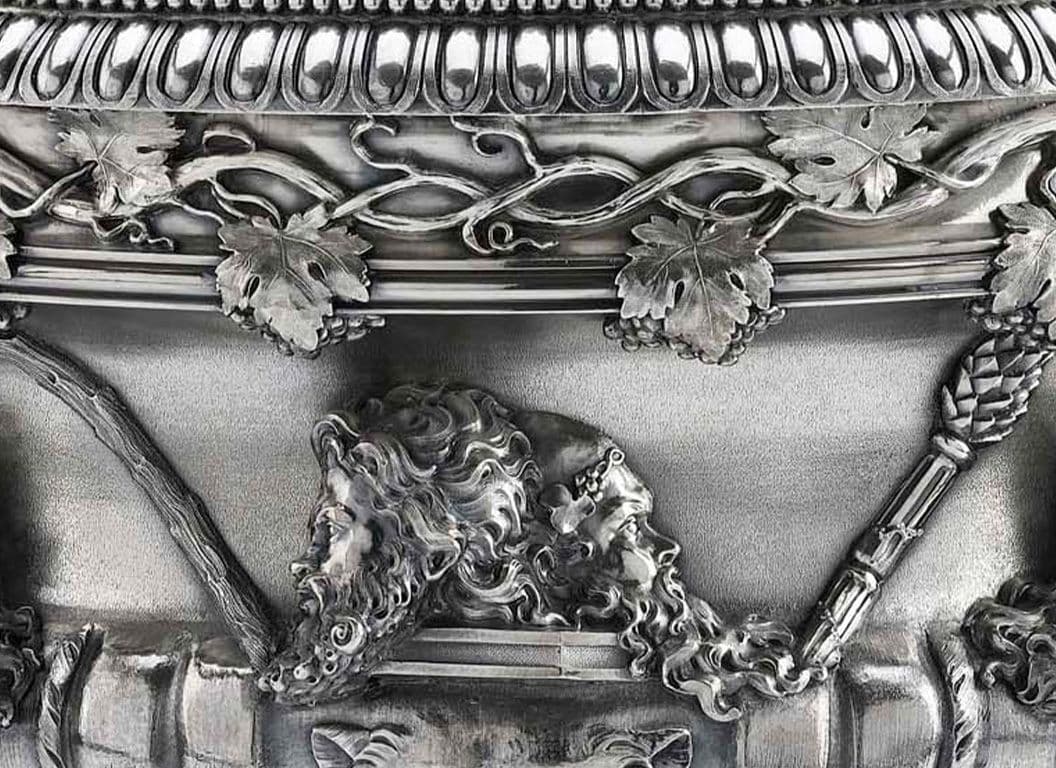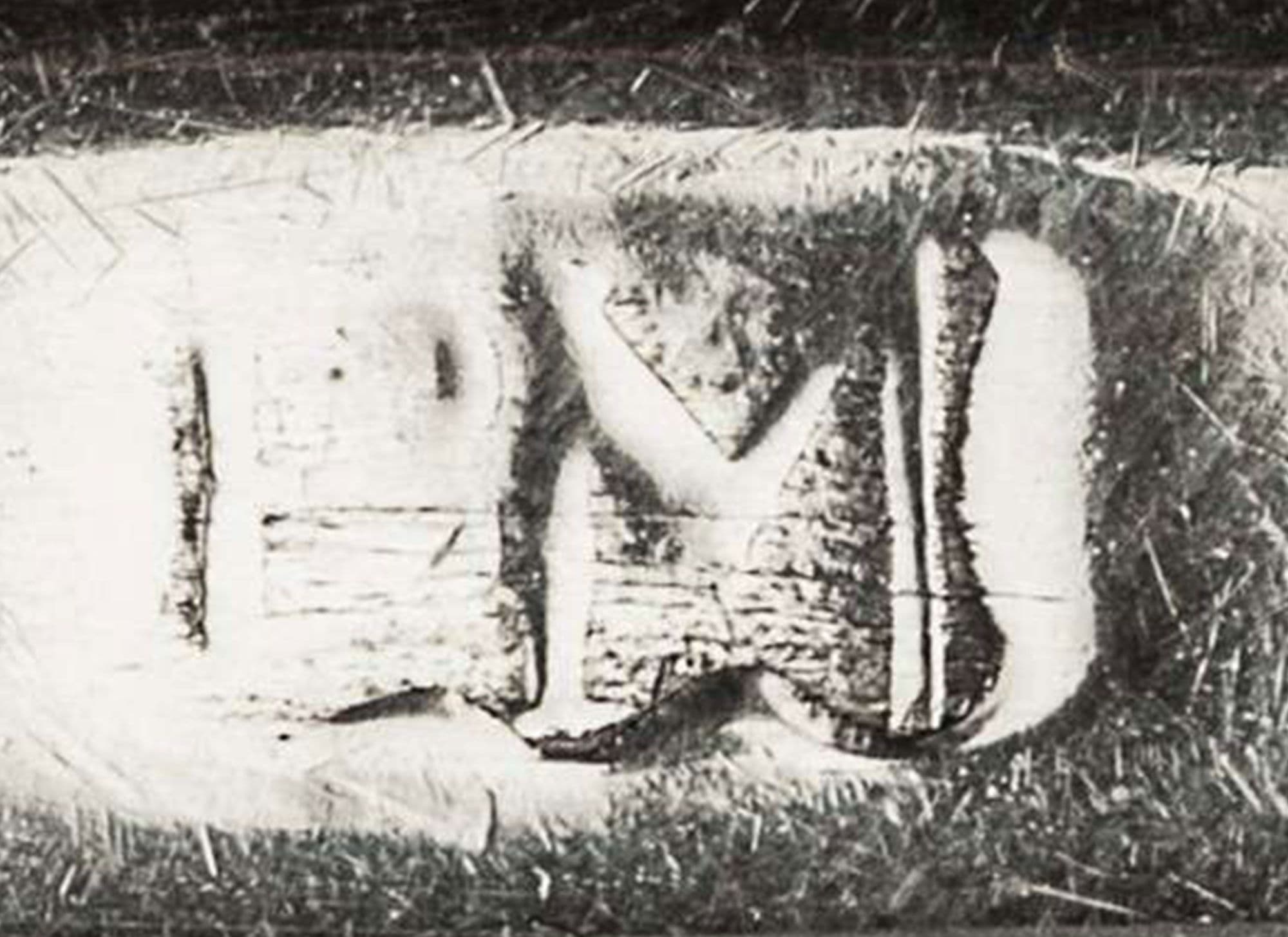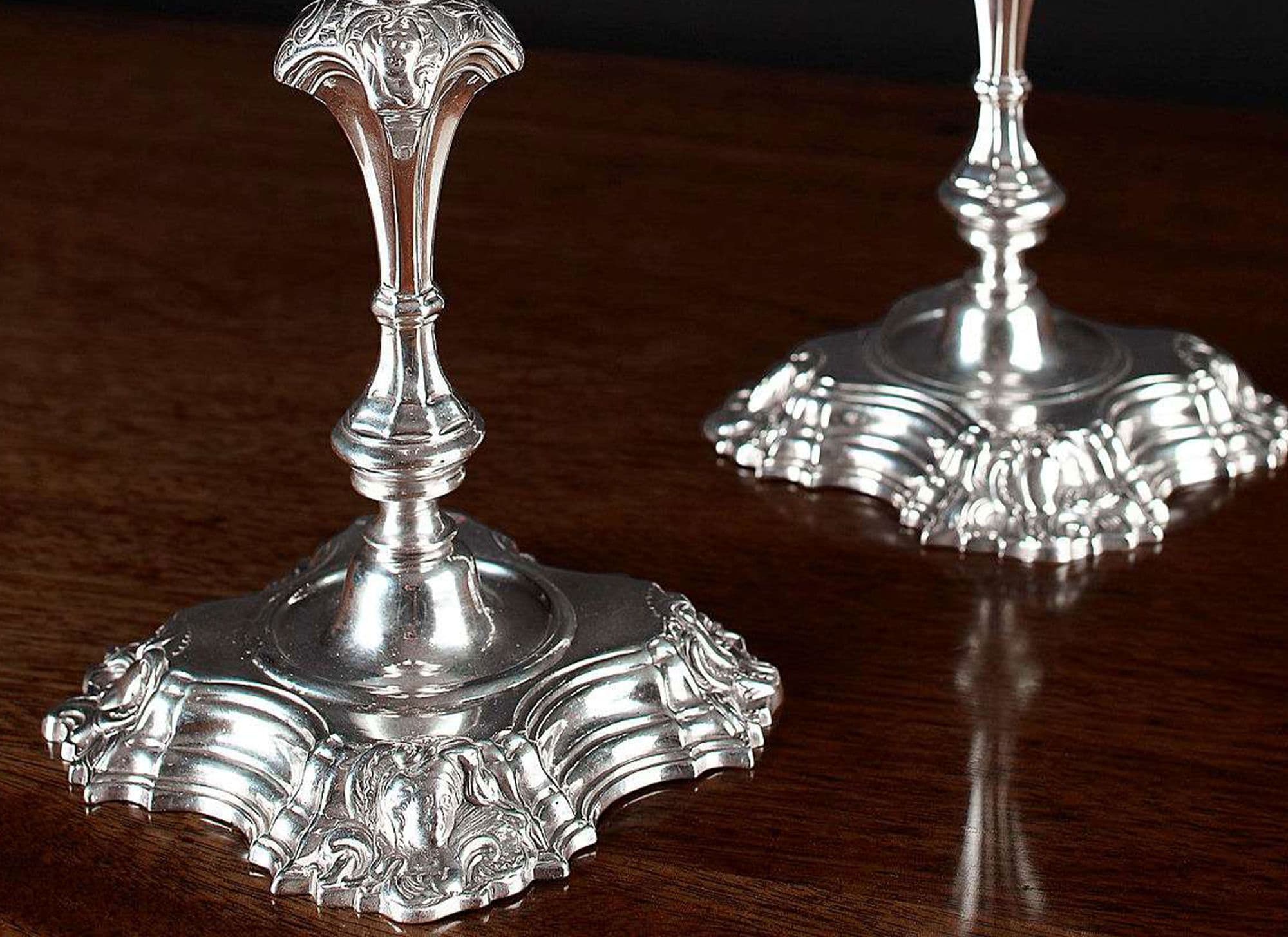David Downie was born to an Edinburgh watchmaker and a former housekeeper in around 1736. He was taken on as an apprentice by William Gilchrist, the Deacon of the Incorporation of Goldsmiths and then married in 1773, after establishing his trade in Edinburgh.
The following three decades were a time of significant social and political upheaval. Civil unrest was brought on by the influx of the population into cities and the huge commercial competition caused by the industrial revolution. This, combined with increasingly popular Enlightenment political ideas, manifested in and encouraged by the successful American War of Independence (1776-1783), the French Revolution (1789), and the economic strain inflicted by the French Revolutionary Wars (1792-1802), increased calls for political reform and created an atmosphere of anxiety within the establishment. The Incorporation of Goldsmiths, however, had a reputation for conservatism and anti-radical sentiment, releasing statements supporting the establishment on multiple occasions.
David Downie, is thought to have been the only Catholic in the Incorporation and is known to have made enemies of other members known for their conservatism. He became increasingly involved with radical politics, attending radical conventions and contributing to the formation of various radical committees. In 1794, he and his associate, Robert Watt, plotted to occupy various public buildings in Edinburgh, seize the Castle and demand of the King the dismissal of government and Parliament, the instigation of a democratic constitution and a withdrawal from the war in France.
Prior to its undertaking, Downie and Watt were arrested and found guilty of high treason, (the first trial of its kind since 1709) for which they were sentenced to be hung, drawn and quartered. This particular sentencing is seen to be significant as its severity caused reluctance in later juries to find people guilty of high treason. Three days before they were due to be executed they were given reprieves; Watt's sentence was reduced to being hanged until dead, while Downie's sentence was reduced to a year's imprisonment and subsequent banishment from Great Britain. On his release, he emigrated to Augusta, Georgia, USA, where he died on Christmas Day in 1816.
